If you’re considering investing, adopting a stocks and shares ISA can be a wise way to begin.
When you choose an investing ISA over a cash ISA, where returns are less likely to outpace inflation, you greatly increase your chances of seeing your money grow.
You can learn more about the Stocks and Shares ISA in the UK 2022 in this guide. The top 10 Stocks and Shares are the result of our analysis of the market. You will discover complete information about stock and share investing from this guide.
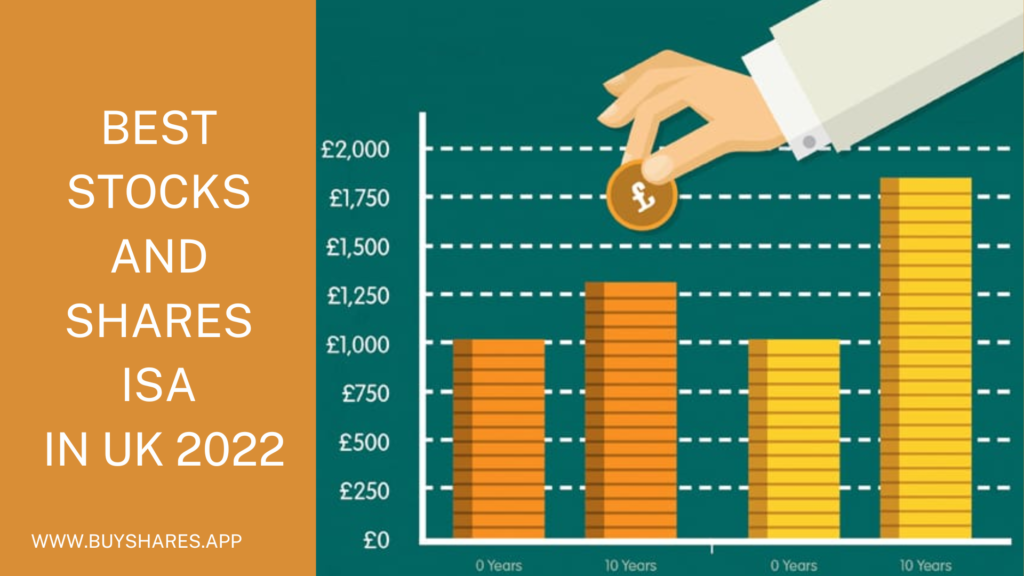
Best Stocks and Shares ISA
The most well-liked Stocks and Shares ISA providers for 2022 are thought to be the ones listed below.
1. Hargreaves Lansdown

The premier name in DIY investing is Hargreaves Lansdown. The website is crammed with content from its advisors and specialists, and there is a very helpful application. The information on the stocks and funds is substantial.
On their entire fund investments, investors pay a 0.45% charge up to £250,000; 0.25 percent to £1 million; 0.1% to $2 million; and nothing above that. Similarly, shares and investment trusts are subject to a 0.45% tax on the total value of the holding, with a £45 maximum.
From fund managers, Hargreaves has cut some of the annual management fees.
Dealing with funds is free. Dealing in shares, investment trusts, corporate bonds, and ETFs costs £11.95. Share-dealing charges decrease if you transact more frequently than ten times per month. Regular monthly shares and certain investment trust investing cost £1.50; dividend reinvesting costs 1%; fees start at £1 and go up to £10.
Hargreaves offers its very effective Wealth 50, a variety of Master Portfolios, and its Portfolio+ service to gradually simplify and take more of the work out of investing.
Removing exit fees and reducing the number of costs were recent announcements made by Hargreaves Lansdown.
2. Interactive Investor

Monthly fees for Interactive Investor start at £9.99 and go up to £19.99.
Depending on your preferred investing approach, you can select one of three plans: Investor ($9.99/month), Funds Fan ($13.99/month), or Super Investor ($19.99/month).
With each plan, you receive £7.99 in trading credit each month, with varying fees for purchases and sales. The 90-day trade credit period.
Trades in US shares, UK shares, funds, and investment trusts will incur a £7.99 fee under the Investor plan.
Buyers who are fond of funds are subject to similar charges, although trading in funds and investment trusts requires £3.99 every transaction.
Trades in UK shares, funds, and investment trusts cost £3.99 per under the Super Investor plan, whereas US shares cost £4.99 per transaction.
Trading in other international equities requires £19.99 for the Investor and Funds Fan packages and £9.99 for the Super Investor package. Dividend reinvestment from dividend stocks has become 99p for all packages, and regular investment has become zero cost.
Investors in Sipps pay an additional £10 per month for all schemes.
3. Halifax Portfolio
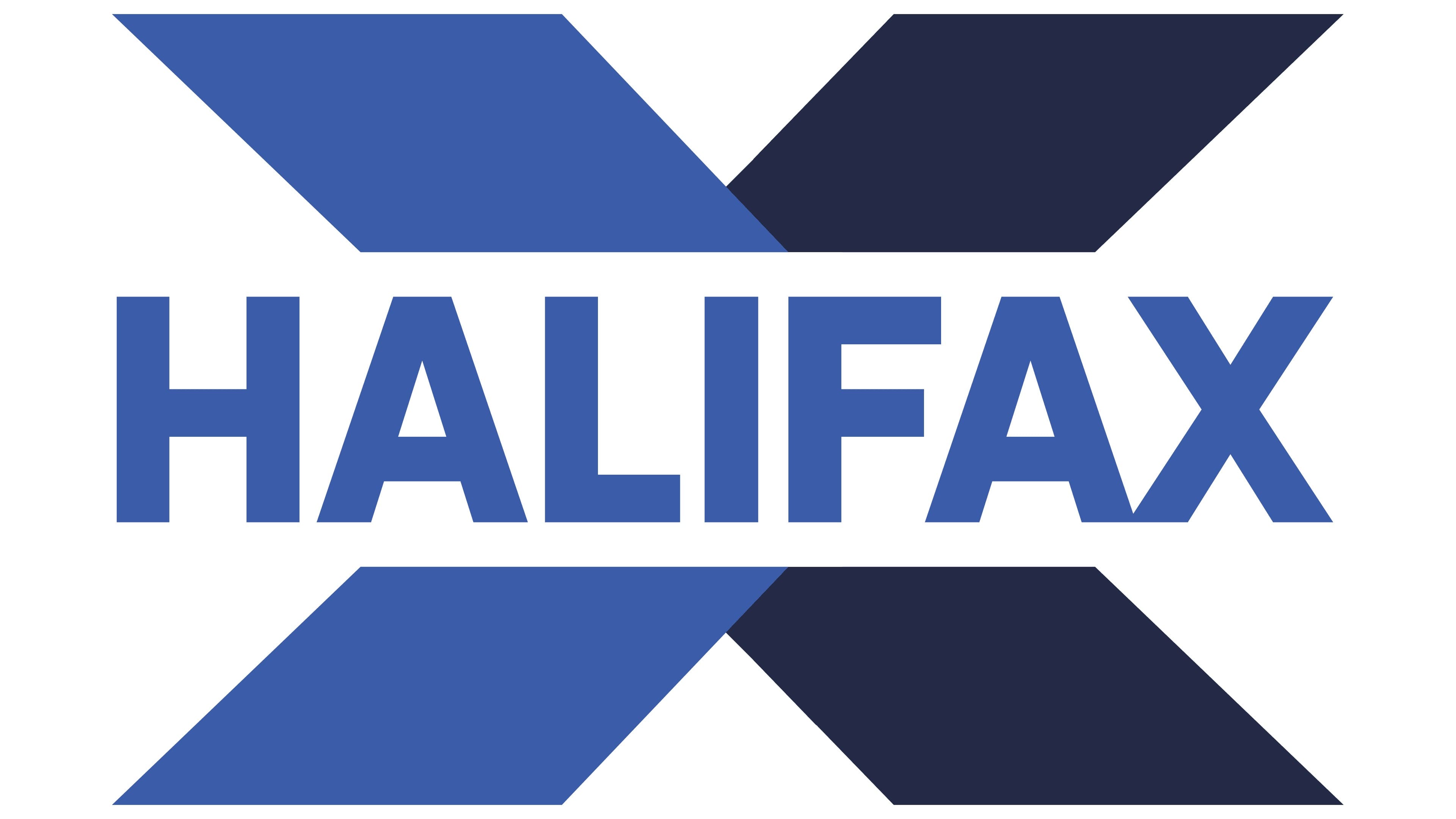
Customers and non-customers of Halifax Bank can both use the stocks and shares ISA. Despite being a branch of the massive investment company Lloyds, the broker operates entirely independently and is significantly more oriented toward long-term investors.
Halifax is regarded as suitable for folks who don’t want to be overrun by choice. In other words, Halifax provides three pre-made portfolios in addition to a comparatively small number of investing possibilities. The broker offers roughly 300 investment trusts, 575 exchange-traded funds (ETFs), and about 2,000 mutual funds overall.
Fees for the platform are 0.24%, and if you use the fund management services, it’s 0.25%. Charges for dealing in shares are currently £12.50 per trade. Additionally, there is a fee for purchasing shares listed outside of the UK. It might be somewhat pricey as a result.
Investors are free to withdraw their funds anytime they see fit at Halifax as there are no early account closing fees.
4. Fidelity
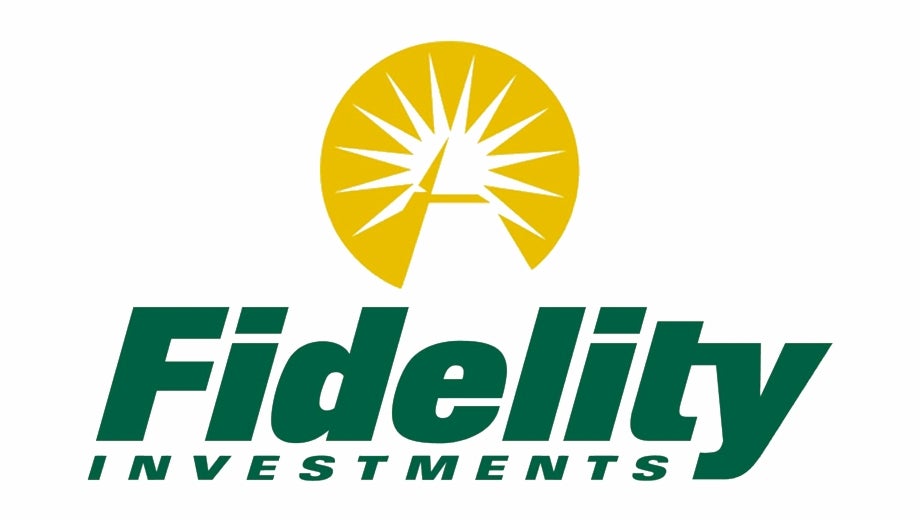
One of the well-known names in investing, Fidelity, has a site that is jam-packed with videos, tutorials, and articles that are full of helpful information.
Investment trusts and ETFs are likewise subject to the flat £10 fee for share dealing.
It costs 0.35 percent up to £250,000, 0.20 percent over that, and 0 percent over $1 million to hold investment funds.
However, the pricing structure is slightly different if you are investing little sums. On balances up to £7,500, Fidelity charges a fixed fee of £45 before applying a 0.35 percent rate.
There are no fund processing charges for either purchasing or selling.
5. Barclays Investment ISA
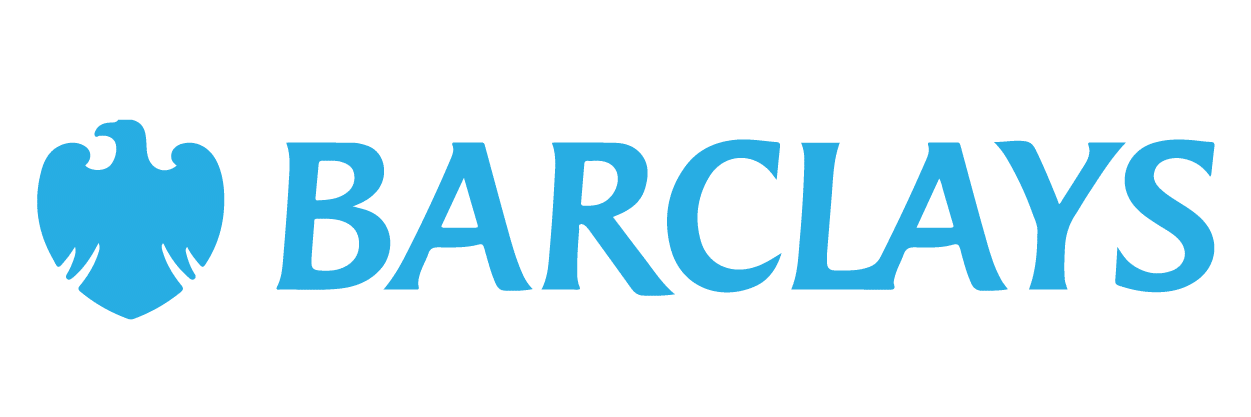
As one of the top providers of stocks and shares ISA accounts, Barclays is a UK bank. Due to its straightforward interface, you don’t need any prior experience with online share trading or purchasing. Although Barclays’ cost structure appears to be a little muddled at first look, it actually works out to be pretty competitive, especially when it comes to yearly fees.
Therefore, funds work out to just 0.2% annually, which is far less expensive than the 0.45% Hargreaves Lansdown charges. Minimum flat customer fees are £4 per customer. However, all client fees (including the annual fund fee) are restricted to £125 per month. We think that’s fairly reasonable.
When it concerns to stock transaction fees, basic stocks and shares require £6 each transaction whereas ETFs require only £3. If you make your purchases over the phone, a processing charge of an extra £25 will be applied. Similar to AJ Bell, Barclays will repay any transfer fees up to the first £500 that your previous supplier charged.
More than 2,000 ETFs and equities from more than 35 international exchanges are available at Barclays. Five pre-made funds are available to novice investors, and they can be used for any investing objective.
6. Vanguard ISA

The provider is among the strongest and best-known in the financial industry. Over 75 funds are available to users, all of which are personally managed by the Vanguard staff. One of the most affordable stocks and shares ISAs is this one.
This is because the yearly account charges you pay will only be 0.15 percent. Vanguard won’t charge a flat trading fee for any buy or sell trades it executes on your behalf, unlike other brokers. Some traders may want to set up a monthly direct debit of £100 or invest a lump sum of £500 or more in their accounts.
Vanguard is among the least expensive platforms for long-term investments as a result of these conditions. However, take notice that there are only a few available individual shares.
7. HSBC

You may open a stocks and shares ISA with this financial institution and broker company for £50 if you want investing advice, or for just £100 if you desire to develop your own investment strategy. The company’s 0.5% fee for investing guidance also makes it a reasonably cost-effective way for new investors to enter the market.
If you intend to follow the company’s recommendations, HSBC offers a fairly constrained selection of funds. 450 various investment funds are available through HSBC.
You can choose from thousands of shares and ETFs from the UK, US, and other countries if you’re making your own investments. For trades involving UK shares, HSBC levies a dealing fee of £10.50 as well as a quarterly account fee of £10.50. These fees are expensive, especially if you acquire shares in modest amounts.
8. Charles Stanley Direct
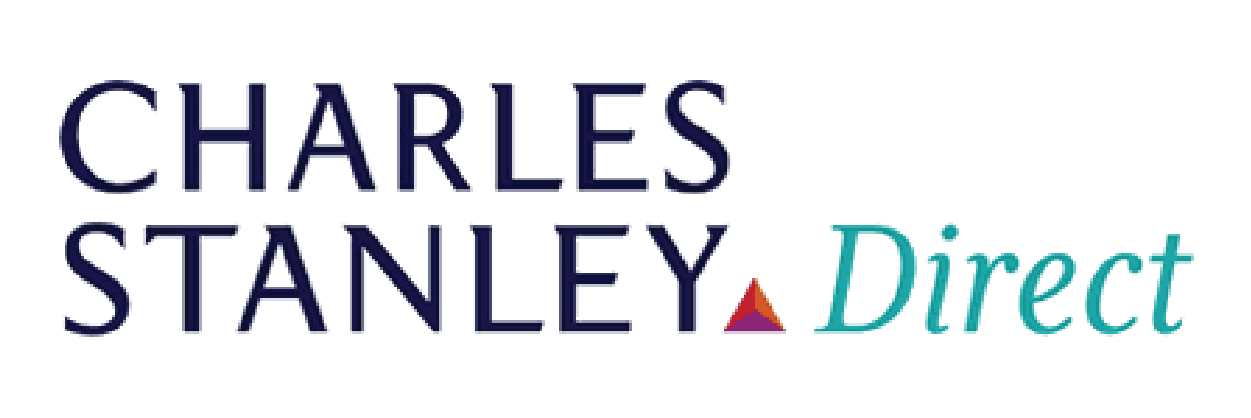
On fund holdings, Charles Stanley Direct, the broker’s online platform, levies an annual fee of 0.35 percent; after £250,000 in fund holdings, the fee starts to decline.
Additionally, there is a 0.25 percent tax on investment trust or shareholdings, with a minimum annual charge of £24 and a maximum annual charge of £240. This is removed if you trade at least once each month.
A Sipp costs £100 + VAT per year, but if you use more than £30,000 of the broker’s online platform services, the amount is waived.
Dealing in funds is free, however trading in investment trusts and shares costs £11.55, and there is no regular investing option available.
Individual bonds and foreign stocks held by investors are subject to a £30 annual fee per holding.
9. BestInvest
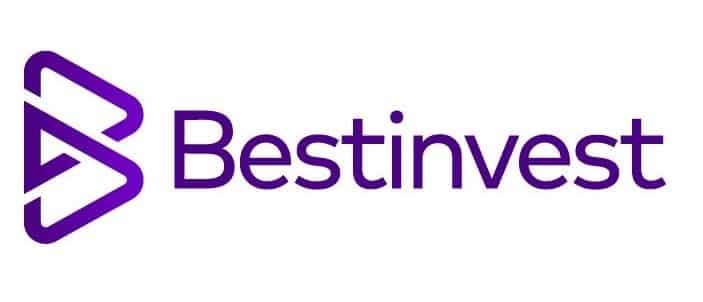
Bestinvest recently had a rebranding that included a refreshed website and an update to its product line, which now includes no-cost financial coaching sessions.
Isa and regular investors pay an annual fee of 0.4% on portfolios up to £250,000, 0.2% on portfolios over £500,000, and 0.1% on portfolios over $1 million. There are no additional costs for transactions over £1 million.
Investors who use its ready-made portfolios are charged a lower 0.2% and then 0.12% fee.
While regular share and investment trust dealing costs a respectable £4.95, Bestinvest offers no dealing fees for funds.
For shares and trusts, there are no waived regular monthly investment fees, and dividend reinvesting is not inexpensive.
One unique feature of Bestinvest is the free financial coaching it provides from its licensed financial counselors. User can order as many free financial coaching sessions as they’d like, either over the phone or online, at any time that suits them. With one complimentary session, even non-customers stand to gain from this.
Financial coaching differs from financial counseling in that clients can pay a one-time fee for bite-sized assistance but planners are unable to recommend specific items. A full portfolio health check costs £495 and a session on investing for your goals costs £295.
On the website, a risk assessment questionnaire is now available online, and digital goal-planning tools are being launched, with the first one being a retirement planner.
10. AJ Bell Youinvest
AJ Bell Youinvest charges an annual administration fee of 0.25 percent.
For non-fund investments in ISAs, such as investment trusts, stocks, and ETFs, the monthly maximum is £3.50. The cap for a Sipp is £10 every quarter.
From £250,000 to £500,000, it drops to 0.1% for fund holdings, and nothing more is allowed above that.
Dealing in funds costs £1.50. Dealing in shares, ETFs, and investment trusts costs £9.95, or £4.95 if you made ten trades in the prior month.
Regular investing in funds, FTSE 350 shares, and a small selection of investment trusts cost £1.50.
What are Stocks and Shares ISA?
An individual savings account (ISA) for stocks and shares is a tax-free investment vehicle that enables you to invest your resources up to a certain annual cap. Individual shares, investment funds, bonds, and a wide range of other possibilities can all fall under this category (depending on the platform you use).
Because stocks and shares ISA offers you incredibly substantial tax advantages that you won’t find in a standard investment account, using one can be a fantastic method to invest for the future.
Any money kept inside the wrapper is exempt from taxes like capital gains and dividend taxes. Your lifetime total investment returns may be accelerated as a result. Platforms for stocks and shares come in two varieties:
DIY portfolio
You will be solely responsible for selecting your investments and overseeing the portfolio if you choose this course of action. You have total control over this, and it may be a lot of fun. However, it also suggests that you must make all decisions. Due to the additional burden of researching and keeping track of your investments, having to do this can not be pleasurable for everyone. However, this can be a more affordable method of investing for people who have the time and are interested in the world of investment.
Ready-made portfolio
Here, you essentially relinquish control over your investment decisions. By doing this, the site will choose your investments using experts or an algorithm, which could result in increased fees. Beginners and those who don’t want to spend time creating and managing an investment portfolio should choose the ready-made option.
On some platforms, you can choose which option to utilize for your stocks and shares ISA account. This is beneficial for those who may wish to begin with a pre-made portfolio and move on to a DIY style once they are more at ease.
You can always give alternative approaches a try. Therefore, don’t think that deciding on ready-made or DIY means your strategy is set in stone. If necessary, you can always change your strategy or your accounts.
How do stocks & shares ISAs work?
A stocks and shares ISA, to put it simply, is a form of savings account that you can use to invest in and possibly earn a return. Each tax year, you are permitted to utilize your ISA allowance to purchase shares of publicly traded firms, potentially generating earnings from the equities.
Anyone who pays UK taxes and is over 18 may open an account. When determining where to keep your ISA, you have a lot of options, and different platforms will work for different kinds of investors.
There are stocks and shares ISA for you whether you desire complete control over your assets and a wide range of options or fewer options and a simple user interface.
Assets offered by Stocks and Shares ISA
As the name suggests, a stocks and shares ISA enables stock and share investments. But that doesn’t mean you can only select particular stocks.
- Shares or stocks: Shares are parcels of ownership in a specific business. It may be riskier to purchase individual shares rather than ETFs.
- ETFs: Stock-based collections are exchange-traded funds. They may select to invest in companies that are associated with a particular sector or concept, or they may try to track the results of a stock index like the FTSE 100. ETFs often have minimal annual management fees.
- Investment funds: These collective investments, also referred to as mutual funds, allow you to combine your funds with those of other investors. The funds are then invested on behalf of all investors by a fund manager. Investment funds have the option of making riskier or non-stock investments, such as those in bonds, real estate, or fine art. Compared to ETFs, they often have higher costs.
- Investment trusts: Publicly traded companies known as investment trusts closely resemble exchange-traded funds (ETFs). They are managed by a fund manager, just like ETFs, who makes investments in the trust.
Advantages of Stocks and Shares ISAs
- Tax-Efficient: It might be upsetting to watch your investments increase only to lose some of your gains due to capital gains and dividends tax. The biggest advantage of a stocks and shares ISA, as we’ve already mentioned, is that you can protect the first £20,000 from HMRC. If you buy shares outside of an ISA, you most likely will have to pay taxes on your earnings.
- Yearly Allowance Updates Every Year: It’s important to keep in mind that your yearly limit for stocks and shares ISAs will be updated every year. If you reach your £20,000 threshold in the 2022–23 taxation year, you can spend an extra £20,000 the next year. Since the government has not yet released the data for 2022–2023, it is hoped that a higher allowance would be in effect.
- Numerous Brokers: More stock brokers are offering specific ISAs since stocks and shares ISAs are a no-brainer for UK clients. Finding the best stocks and shares ISA that suits your needs should therefore no longer be a problem.
- Regulated: To offer stocks and shares ISAs to UK clients, brokerage firms must have an FCA licence. This typically also means that your money will be safeguarded by the FSCS (verify this before taking the leap). This indicates that the initial £85,000 would be protected in the event that the broker went bankrupt.
Conclusion
If you live in the UK and want to participate in the stock market, a cash ISA may not be the best option, but a stocks and shares ISA is always a good idea. After all, none of your capital gains or dividends will be subject to tax if you invest up to £20,000 in the current (and subsequent) tax year.
Despite this, you should still conduct extensive study before making a choice. This should not just involve research on the investments you have selected, but also on the specific stocks and shares ISA provider. Importantly, just because you are avoiding paying taxes on your capital gains doesn’t mean you will always be successful.
Frequently Asked Questions
What are the workings of a stocks and shares ISA?
A dedicated share dealing account is all that a stocks and shares ISA are. This means that any further capital gains and/or dividend payments will be exempt from tax if you contribute up to £20,000 to your ISA.
What is the maximum amount that can be put in a stocks and shares ISA?
Each year, the UK government evaluates the stocks and shares ISA cap. This has a maximum of £20,000 in 2020–21 and 202–22.
What is a stocks and shares ISA?
A tax-free account known as a stocks and shares ISA allows you to make stock market investments. Profits earned in stocks and shares ISA are tax-free, and you have unlimited access to your funds.
